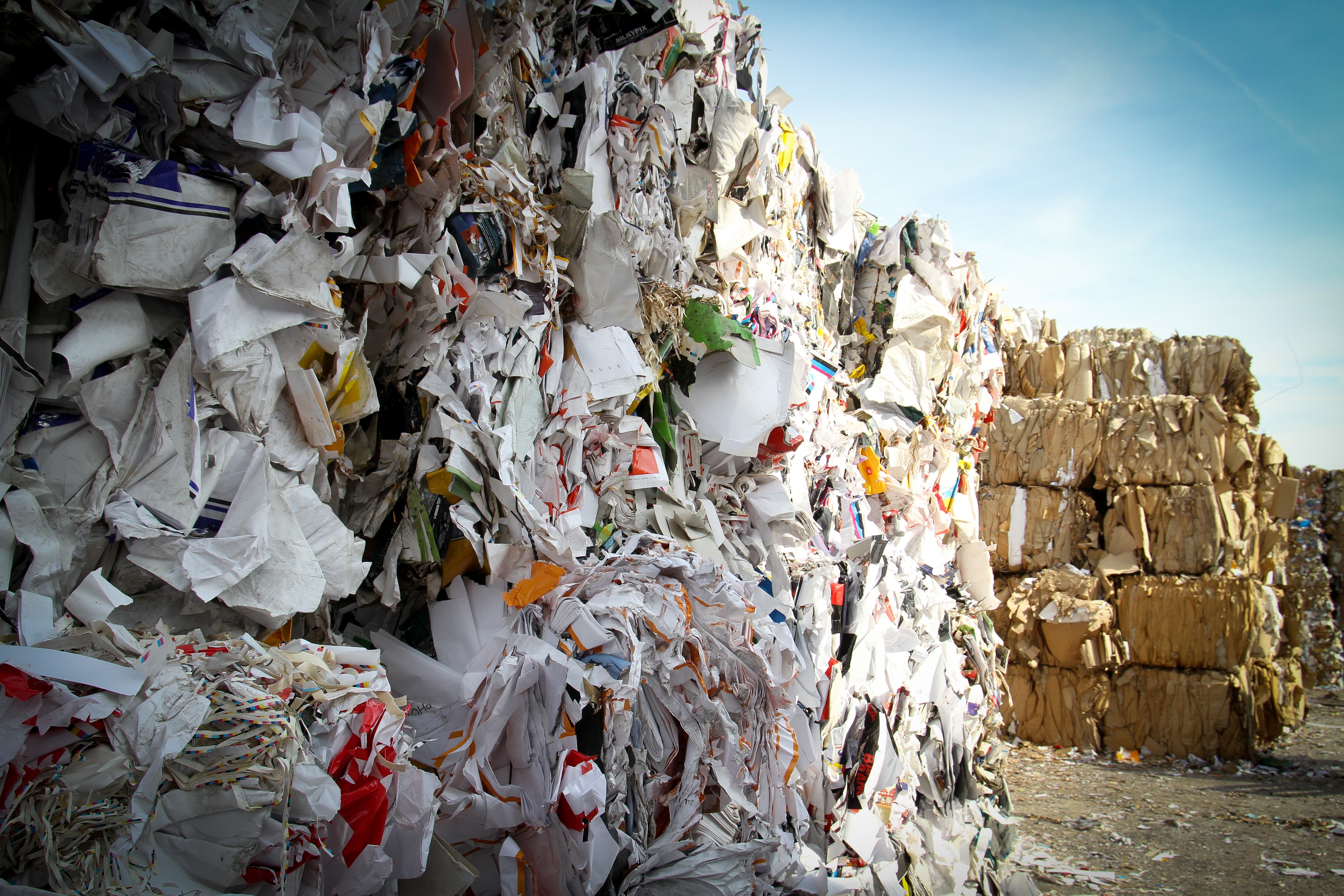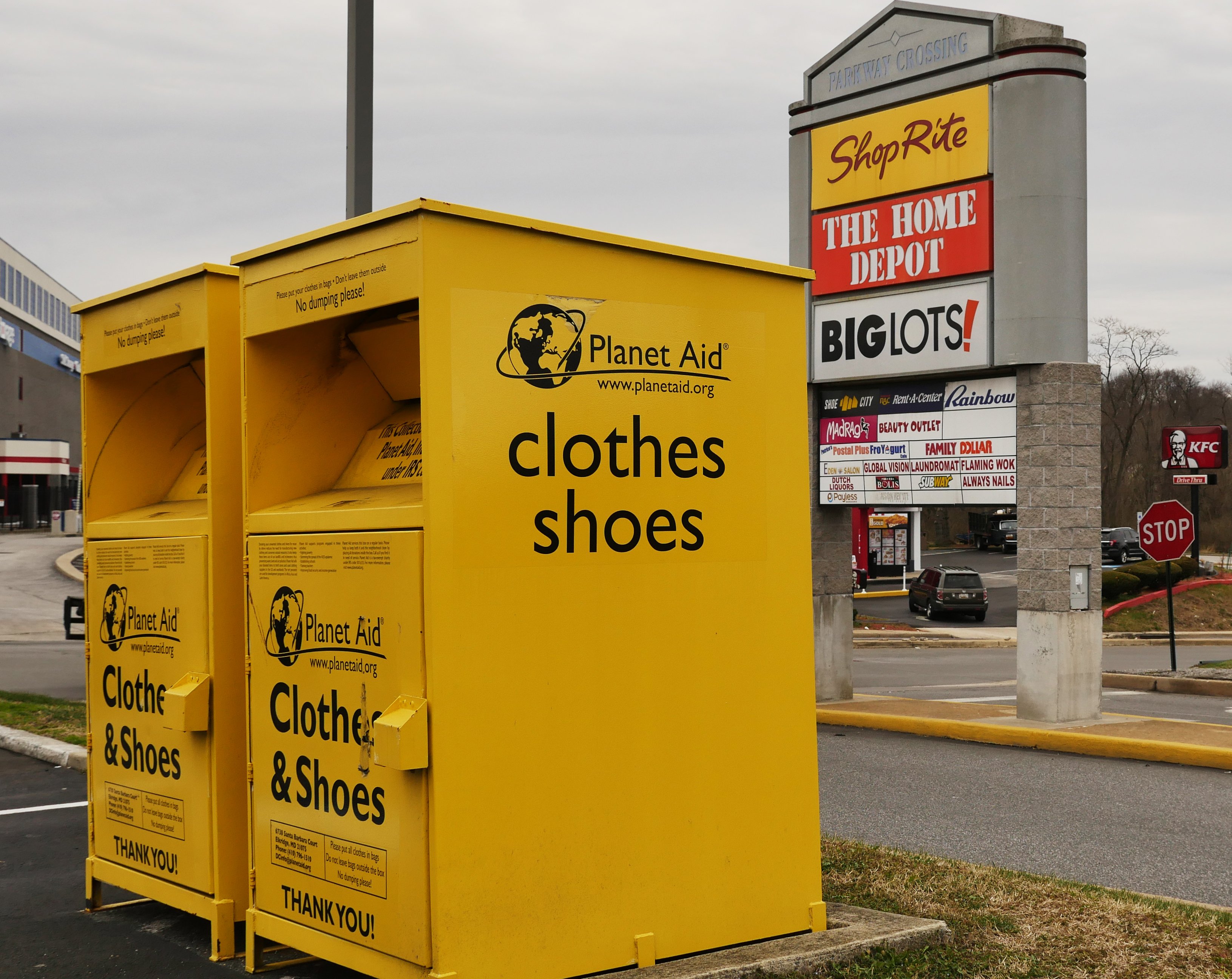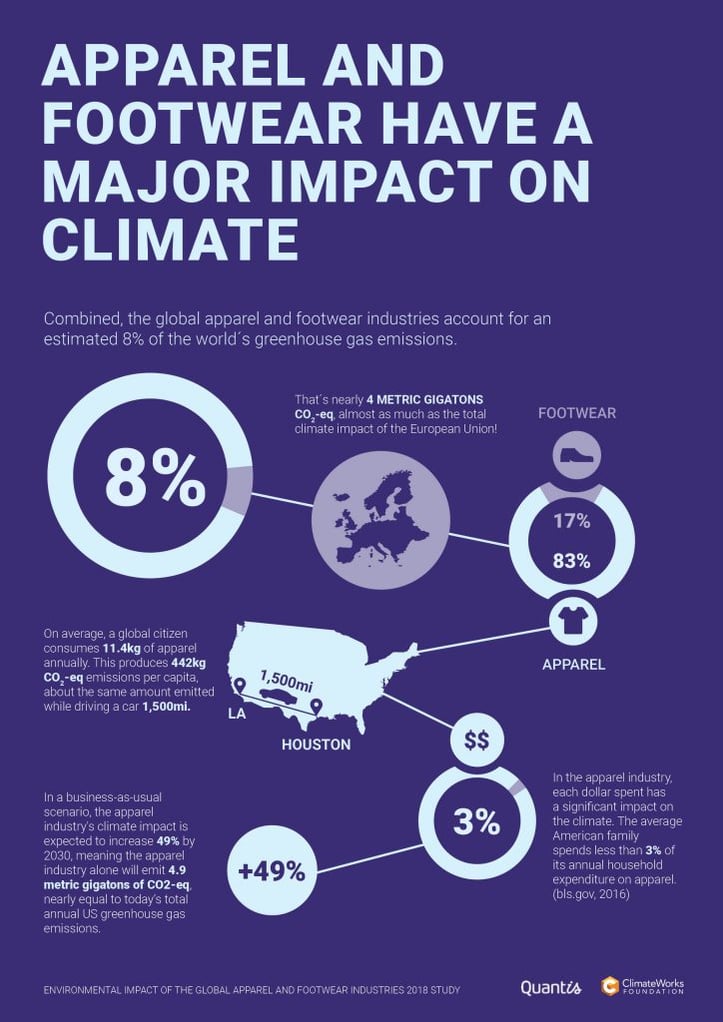
A recent article in the Guardian reported that materials being collected by U.S. cities to be recycled are not being recycled but are being incinerated. The reason is that the Chinese, who for decades accepted U.S. recyclables in large volumes, have now banned these imports, putting U.S. municipalities in a difficult situation.
As the Guardian points out, in Philadelphia and other communities the incineration of plastics collected for recycling and other synthetic materials is releasing toxic substances into the air. Because minority communities generally live near such incinerators, it is harming them the most.
Landfill Strain
The problem is also putting additional strains on landfills. A recent Yale study indicated that landfill disposal is nearly double that of official government estimates. The cost to taxpayers is estimated to be more than $11 billion.
The U.S. EPA also reported that landfill costs have been increasing, with some areas experiencing a 10 percent increase in one year.
Cities on the Forefront of Climate Change Fight
All of this is occurring at a time when cities have been struggling to find ways to fight climate change. Several cities, including Washington, DC, Philadelphia, and others, had joined together and pledged to slash the amount of waste generated within their borders to reduce their climate impacts. The new Chinese ban on imports will now make their job harder.

Battling Textile Waste
In addition to materials such as cardboard and plastic, textiles are also being burned or landfilled. The EPA estimates that 14 million tons of textiles were needlessly discarded in 2015 (the Yale study estimates the figure to be 7 percent greater).
Of that 14 million tons of textiles, about 11 million tons were sent to landfills and 3 million tons were torched in incinerators. That is an immense mountain of wasted resources, which could have been put to good use by being reused or recycled.
Planet Aid is helping to reduce the quantity of textile waste. Our network of collection bins make it convenient for the public to drop off unwanted clothing rather than throw them away. A single bin can divert as much as 10,000 pounds of textiles from the waste stream annually!
We partner with local businesses and other organizations, obtaining agreements with each to place bins on their property. Contact us to host a bin today.


